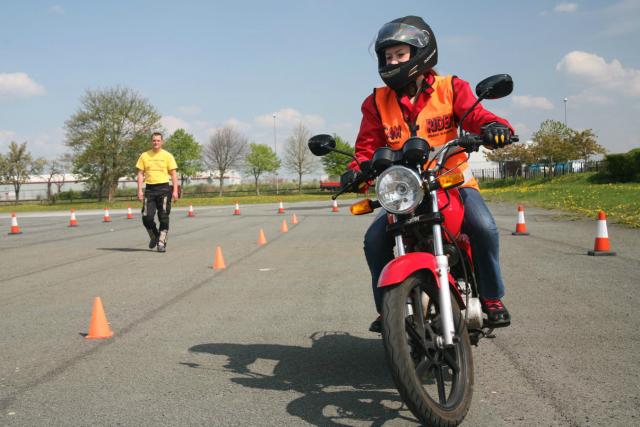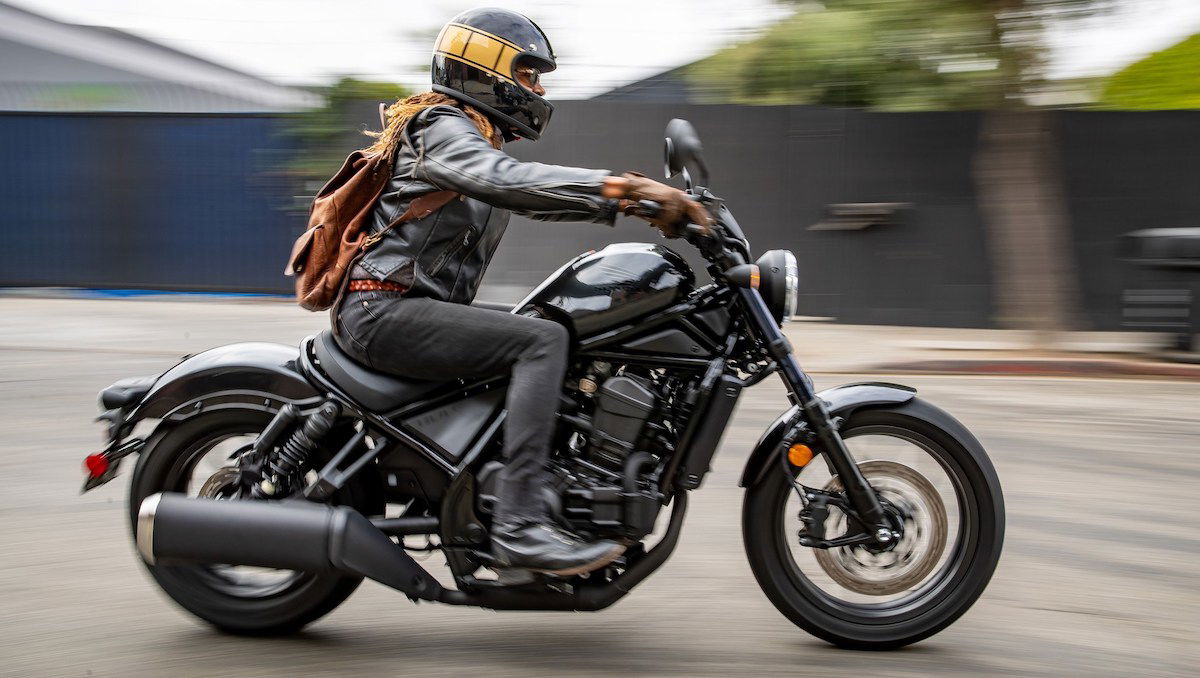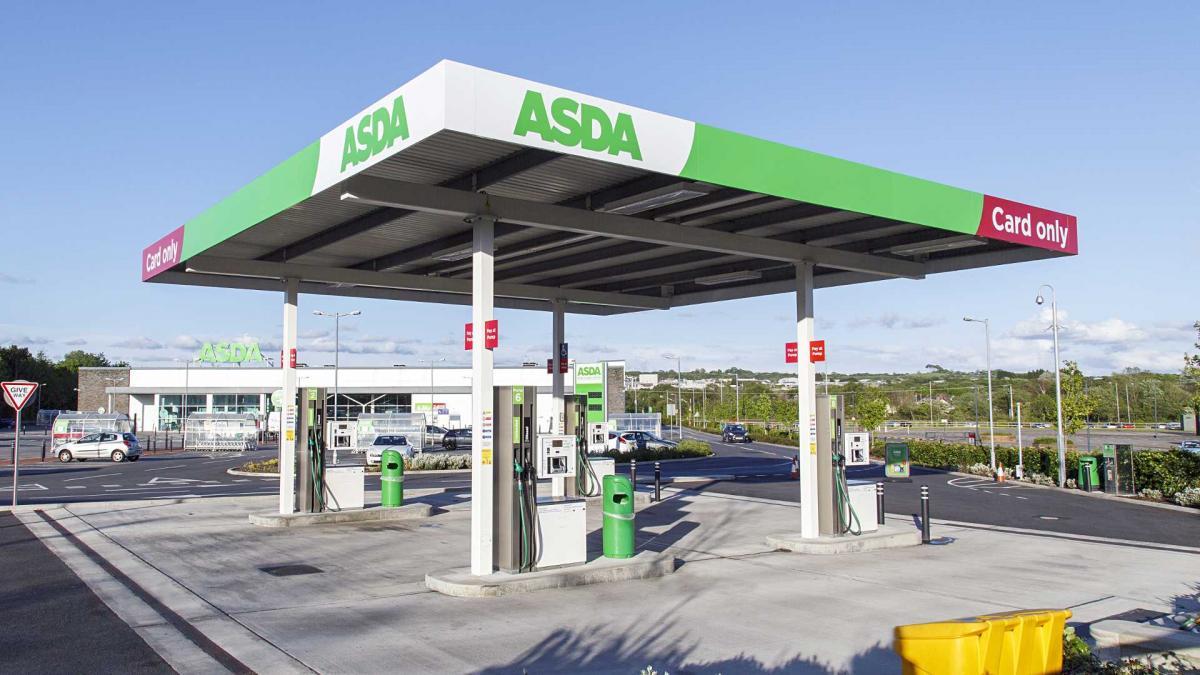DVSA strikes "another barrier to riders wanting to gain licences," BMF says
DVSA strikes over December and January will mean a number of motorcycle exams will be cancelled and rearranged over the next couple of months.

DVSA strikes will include driving examiners, and the strike action, over pay disputes, will take place from December to January.
DVSA (driving and Vehicles Standards Agency) staff will strike from mid-December until mid-January, generally speaking.

Specifically, there will be separate periods of strike action for DVSA staff in different regions. The first strikes will happen in Scotland from 13-18 December. Then, staff in the North West, Yorkshire and Humber, and North Wales will strike from 19-24 December; those in the West Midlands, East Midlands and what PCS (the union which has organised the strikes) labels the “Eastern region” will strike on 28-31 December, and then 3 January; and those in the London, South East, South Wales and South West regions will strike from 4-10 January.
Additionally, there will be strikes on 18-21 December, “covering traffic examiners and vehicle examiners employed across all DVSA workplaces,” PCS says.
According to PCS, the DVSA staff are striking over a “10% pay rise, pensions justice, job security and no cuts to redundancy terms.” PCS also says that “The targeted action could take place well into 2023.”
Of course, the main focus will be on car driving tests being moved back as a result of the strikes but the case is also true for motorcycle exams being postponed.
British Motorcyclists Federation (BMF) Chair, Jim Freeman, said: “Another barrier to riders wanting to gain licences, luckily not a particularly serious one, as the strike action seems mostly over the Christmas holiday period, I wonder why?”

PCS general secretary Mark Serwotka said: “This is the first wave of the hardest-hitting industrial action the government will have faced in decades and will cause a massive amount of disruption.
“The government, which has spent years turning a blind eye to our pay demands, will no longer be able to ignore us.
“Our members are proud of their work, so it’s not easy for them to take action they know will affect the very people they came into the job to serve.
“But the government has given them no option. Their pay has fallen far below inflation and many of our members – the government’s own workforce – are forced to use foodbanks because they can’t afford to eat.
"The government is in the position to stop these strikes by putting money on the table. Ministers must know we will not stop until our demands are met and our members receive the decent pay rise they need to get them through the cost-of-living crisis and beyond.”







